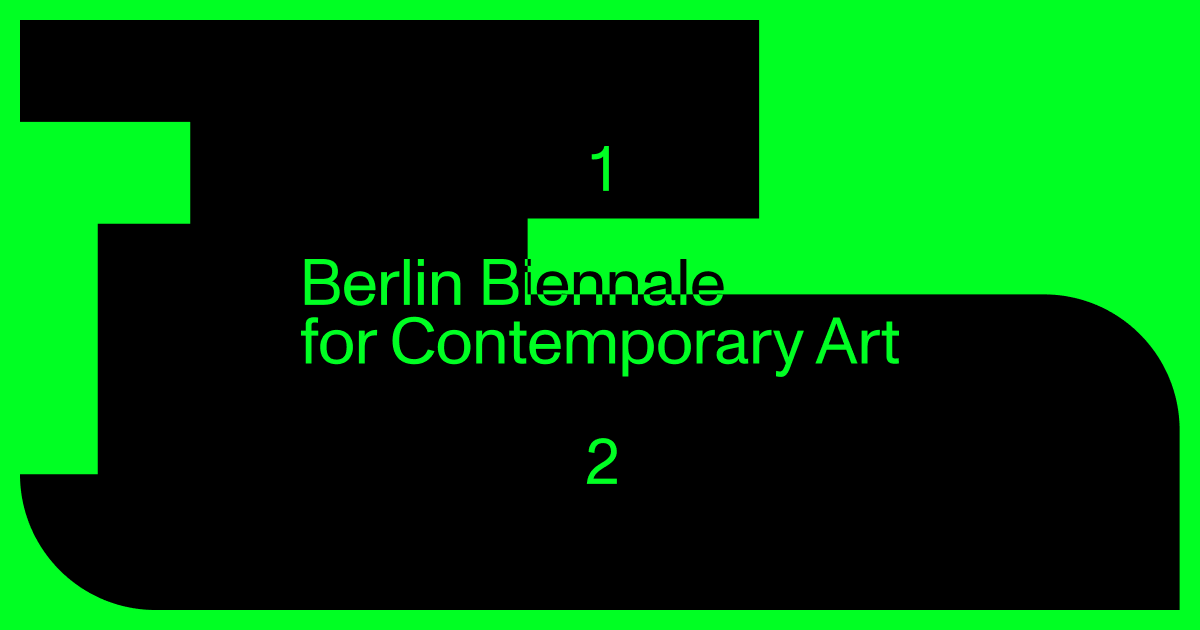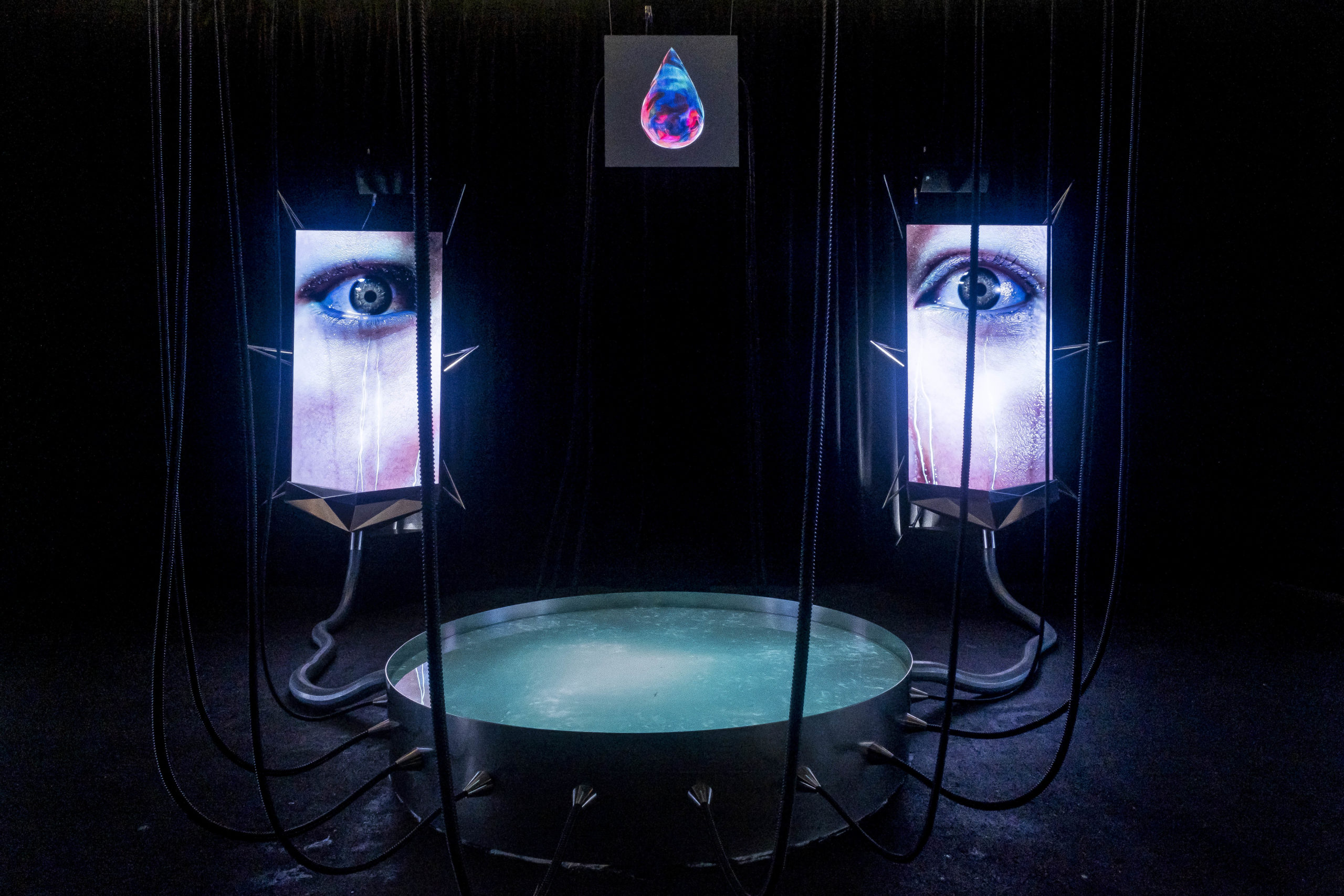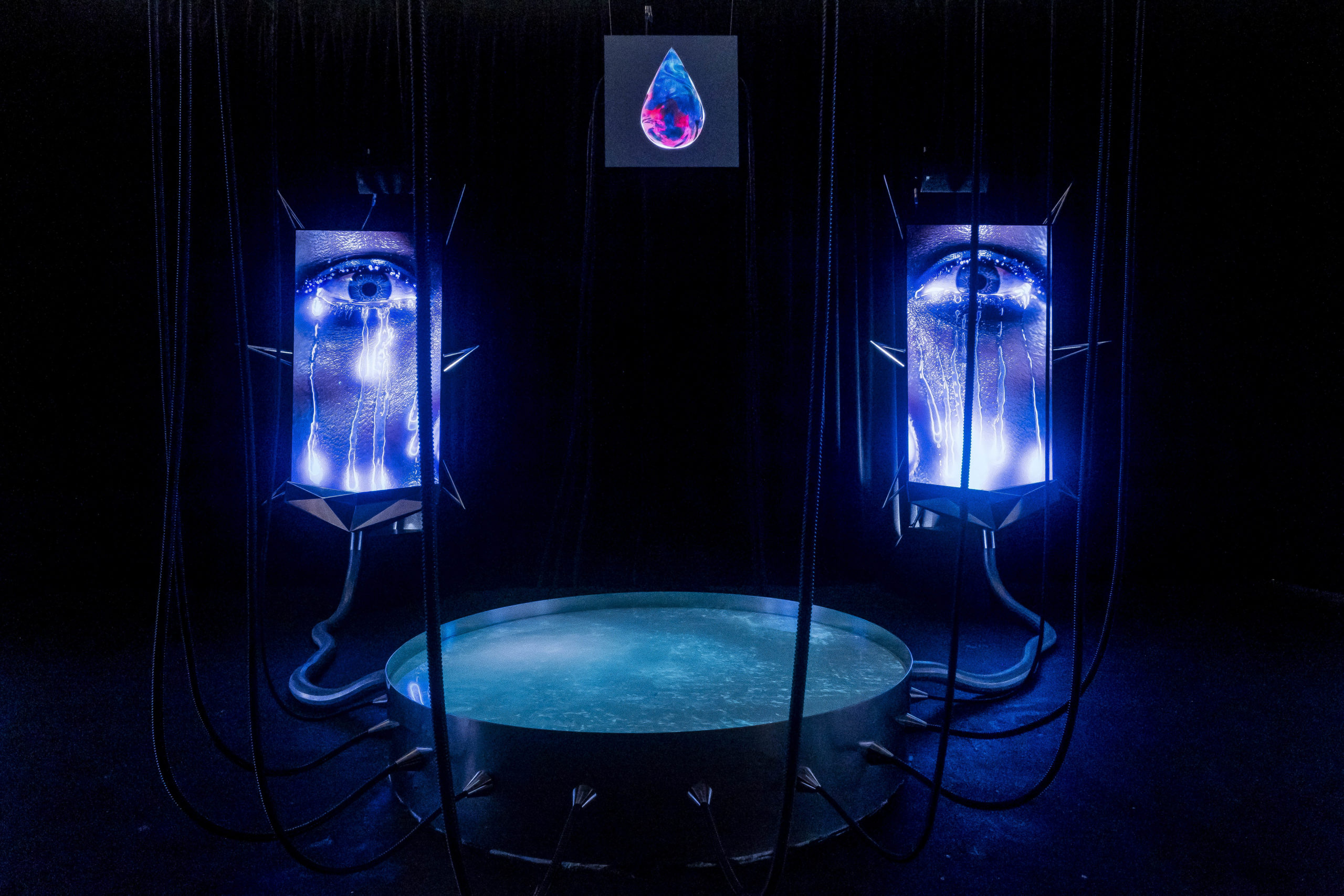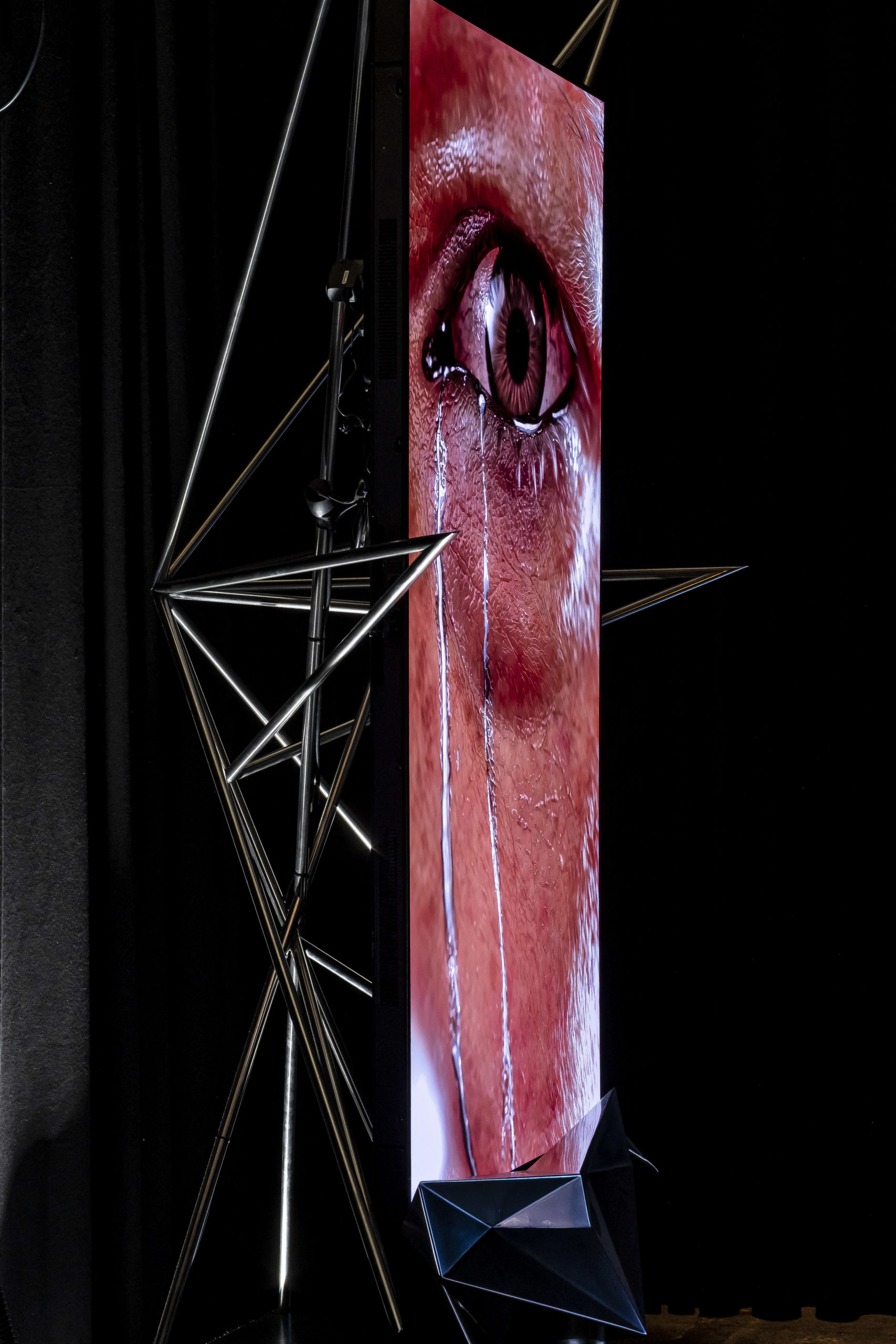12th Berlin Biennale for Contemporary Art, Berlin, Germany | Website

Colonialism continues to impact the present, long after the achievement of political independence by people in the Global South. Over 500 years of colonial thought and action have shaped all aspects of life—in the societies of the South and also the North. Colonial violence, fascism, and capitalist exploitation continue, persisting in ever-new forms. Liberating knowledge, thinking, and action from colonial patterns is what drives decolonial processes, which seek to unlearn what has been learned and continuously question existing points of view.
Kader Attia looks back on more than two decades of decolonial engagement. As an artist, thinker, and activist, he has been particularly engaged with the notion of repair—first of objects and physical injuries, and then of individual and societal traumas. Throughout his practice, repair has emerged as a mode of cultural resistance, a form of agency that finds expression in diverse practices and fields of knowledge. In his role as curator of the 12th Berlin Biennale, Attia makes this form of agency the starting point of a program that involves contributors and audiences in a critical conversation, in order to find ways together to care for the now.
Recognizing art as a special form of repair, the 12th Berlin Biennale unfolds around a set of questions. How can the decolonization of art be conceived—from the restitution of plundered goods to an anticolonial culture of memory? What role can non-Western feminist movements play in the reappropriation of history and identity? How are climate crisis and colonialism related? How can resource extraction be resisted and native knowledges acknowledged to preserve ecosystems?
With exhibitions, interventions, and events, the 12th Berlin Biennale will span diverse venues in the city, offering a discursive space that bridges different fields of knowledge production. From June 11 to September 18, 2022 a polyphonic debate unfolds, convening artists, scholars, and activists to map the world with its ruptures and contradictions, create counter-trajectories to the colonial narrative, and collaboratively shape new forms of agency for the future.









